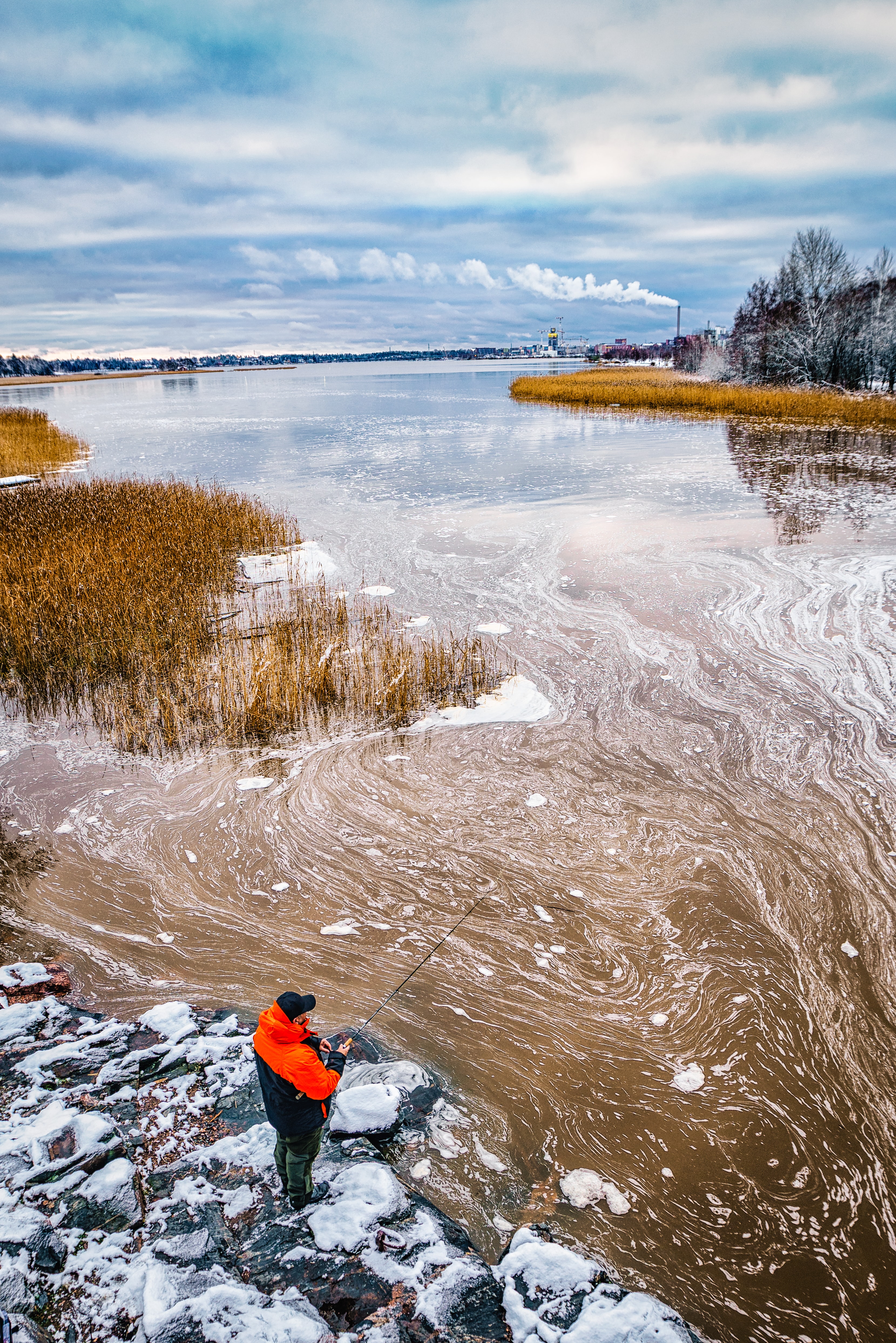Photo by Carlos “Grury” Santos on Unsplash
Climate change is the biggest issue facing the future of our planet. As President of COP26 in Glasgow last year it was UK Cabinet member Alok Sharma who secured world-wide agreement of a realistic programme to address it. Sharma would later condemn the Egyptian President of COP27 from failing to build on the UK’s achievements, saying: “Responsibility rests with each and every country, and we must all play our part.”
Other countries now waited to see what part the UK would play under new Prime Minister Sunak. They would not have to wait long.
Within moments of taking office Sunak initially announced that he was too busy to go to COP27, dropping the extra bombshell that Sharma would no longer be a cabinet member. He also ruled out building onshore wind turbines, widely accepted as the fastest route to green energy security, until forced into a U-turn. This would be part of a series of revelations backsliding on climate commitments.
Last month the Government announced that it had approved the building of the first new deep-mined coal plant for 30 years which would create around 500 new jobs in Cumbria. Local politics would now prevail over climate strategy.
Most of its output of 2.8m tonnes will be for long-distance export, as the sulphur content is known to be too high for most British (and European) steelmakers. But exports will also include some 400,000 tonnes of greenhouse gases. Despite this the Planning Inspector bizarrely claimed that the effect on climate change would be neutral, asserting that the amount of coal used in steelmaking overall would not change. The Government agreed that the decision would not conflict with the UK’s legislation committing the UK to reach net zero emissions by 2050, as the mine would be closed by 2049. Very neat.
Greenpeace concluded the UK had branded itself a “superpower in climate hypocrisy rather than climate leadership.”
Meanwhile, fighting climate change is not just about stopping pollution in the air that we breathe: it is also about improving the health of the seas and rivers and the biodiversity they nourish. The EU has taken a major leadership role on river pollution, partly dictated by its geography. With rivers such as the Danube flowing through many different countries, pollution upstream increasingly affects those downstream. As an island the UK has never felt the same pressure, although it had originally signed up to the EU Water Framework Directive, committing 75% of waterways to have good ecological status by 2027. However, in 2019 every single river in England failed to meet EU standards and the situation is getting worse.
In 2015 Environment Secretary Liz Truss reduced farm inspections by 34,000 a year, calling it ‘a victory against red tape’. The result: since 2019 agriculture has become the biggest UK polluter, with animal waste as well as chemicals contaminating our rivers. Recently proposals were tabled to force the sector to reduce pollution by at least 40% by 2037. Recently this was pushed back to 2040 – only 17 years to wait.
In 2021 there were also over 5.000 cases of untreated sewage discharges by water companies, up 90% on 2020. The UK remains a signatory to UN conventions protecting shared waters, and while we share no rivers with European countries we do share the sea. This issue became centre-stage last year when heavy rainfall in the UK caused pollution warnings of untreated sewage on over 50 beaches. France complained that its coasts were being blighted as a result, declaring their marine life and fishing industry were under threat. This should have been a further wake-up call: the last thing the UK needs is another self-inflicted row with the EU.
Instead, Conservative MPs voted against making it a legal requirement to prevent untreated sewage being pumped into watercourses: the Government then decided they only had to secure “a progressive reduction in the adverse impacts of sewage discharges.” Meanwhile news today is that Thames Water has been releasing untreated sewage into rivers continuously ‘as a matter of routine.’
The UK Government did table a ‘world-leading’ Environment Act in 2021, promising to set ambitious goals by October 2022. However, it took until mid-December for new targets to be issued, with achievement dates between 2038 and 2050: meanwhile freed from EU law the UK has delayed its own healthy waterways target to 2063. Only 40 years to wait….
The Environment Agency Chief Executive brags that “the UK is an international leader on the environment and nature.” Really? With the UK In the bottom 10% globally of ‘nature-depleted’ countries, the evidence sadly suggests the opposite. He still received a bonus.
PM Sunak had earlier agreed that “there is no long-term prosperity without action on climate change.” Despite the UK proclaiming world leadership, that boast is now seen as spin: it could be described as a COP-out.

The Author, Philip Bushill-Matthews, is Former Leader of the British Conservatives in the European Parliament




